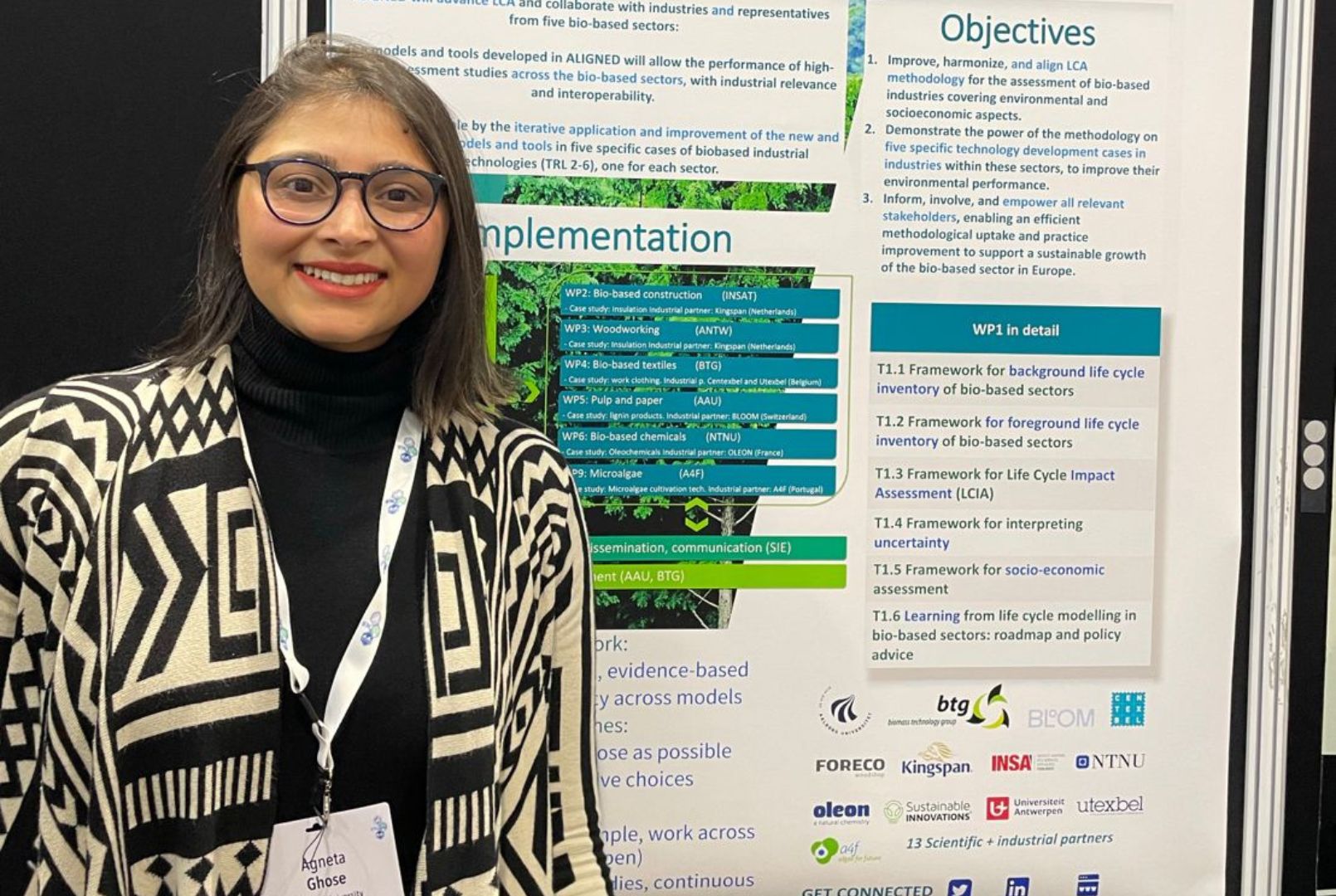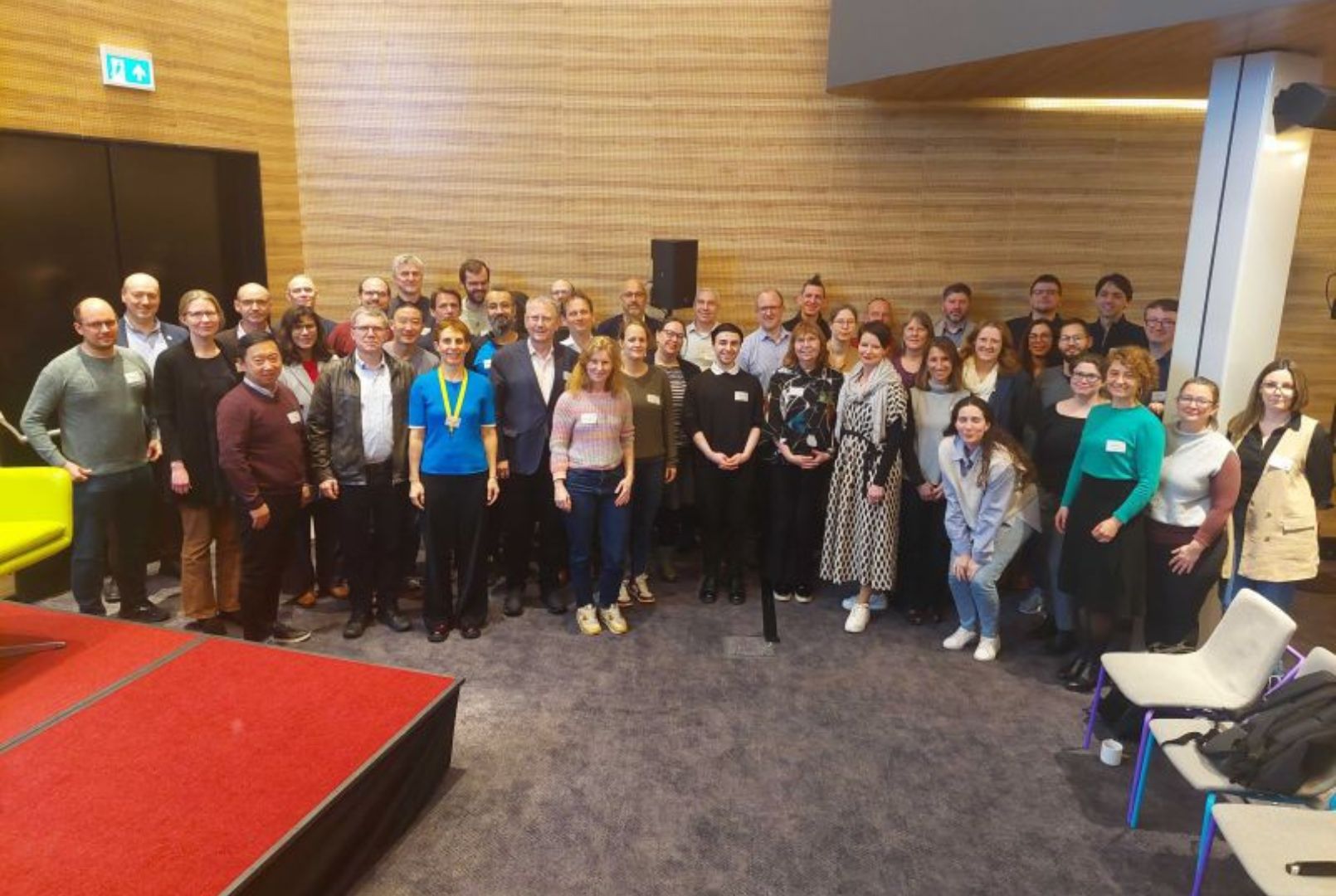
There is good help to be found in two new initiatives from the EOSC project FAIR-IMPACT if you are starting or continuing a FAIRification project, whether you are working to make a repository more FAIR, updating a data management plan, or engaging more researchers in the importance of FAIR principles.
About FAIR IMPACT
The EOSC Project FAIR-IMPACT aims to support the practical implementation of FAIR principles through a series of open calls and work packages dedicated to the dissemination of FAIR principles within topics such as PIDs, metrics, ontologies, and interoperability. DeiC is part of the FAIR-IMPACT consortium and actively participates in the working groups.
FAIR Implementation Framework
It can be difficult to know where to start when working to make research data more "FAIR." There is good help in using a framework that can provide structure to the work and ensure that relevant considerations are made.
The new framework from FAIR-IMPACT, "The FAIR Implementation Framework" (FIF), presents a series of questions that encourage reflection on one's own capacities, needs, and resources. Answering these questions makes it possible to develop an action plan and structure the work in your FAIRification project. The framework emphasizes both capacity development and active participation to promote practices that support FAIR principles, building on an approach previously used by the EOSC project FAIRsFAIR.

Illustration of The FAIR Implementation Framework (FIF). Find more information here.
Catalog of FAIR Tools and Resources
Are you looking for a specific type of resource or knowledge about FAIR? Then there is help to be found in the new catalog, where everything from guidelines and handbooks (FAIR adoption handbook for universities) to FAIR 'recipes' (The FAIR Cookbook) oand tools that can assess how FAIR your dataset is (ex F-UJI) are gathered in one place. There are a total of 43 resources available, which can be filtered by scientific domain, resource type, users, and license type, and new resources are continually added. The catalog is designed as a dynamic platform that facilitates the discovery of FAIR tools and resources.
Explore the catalog here: https://catalogue.fair-impact.eu/resources. If you have experience utilizing the resources, we would love to hear from you. Please feel free to contact Sandra Boerman at sandra.boerman@deic.dk.

